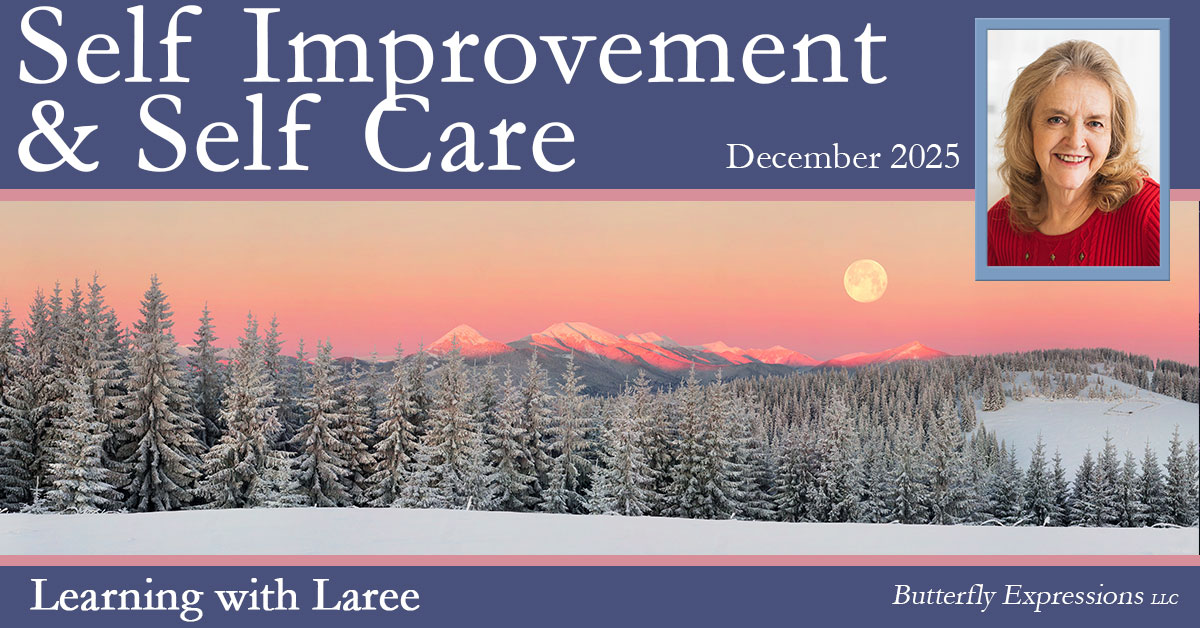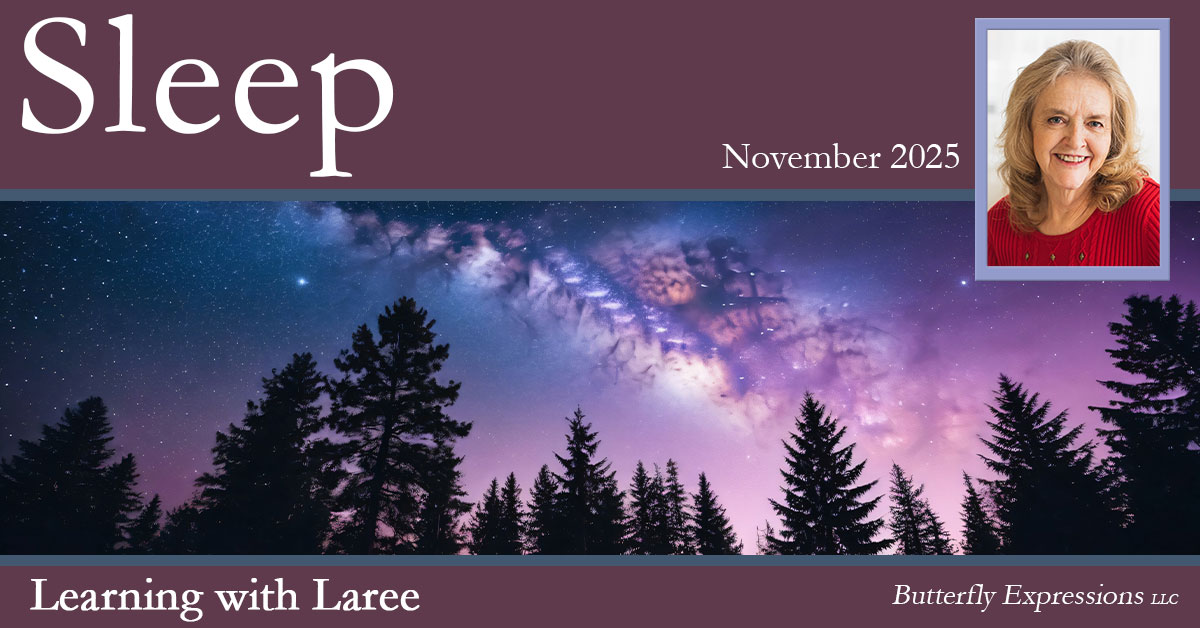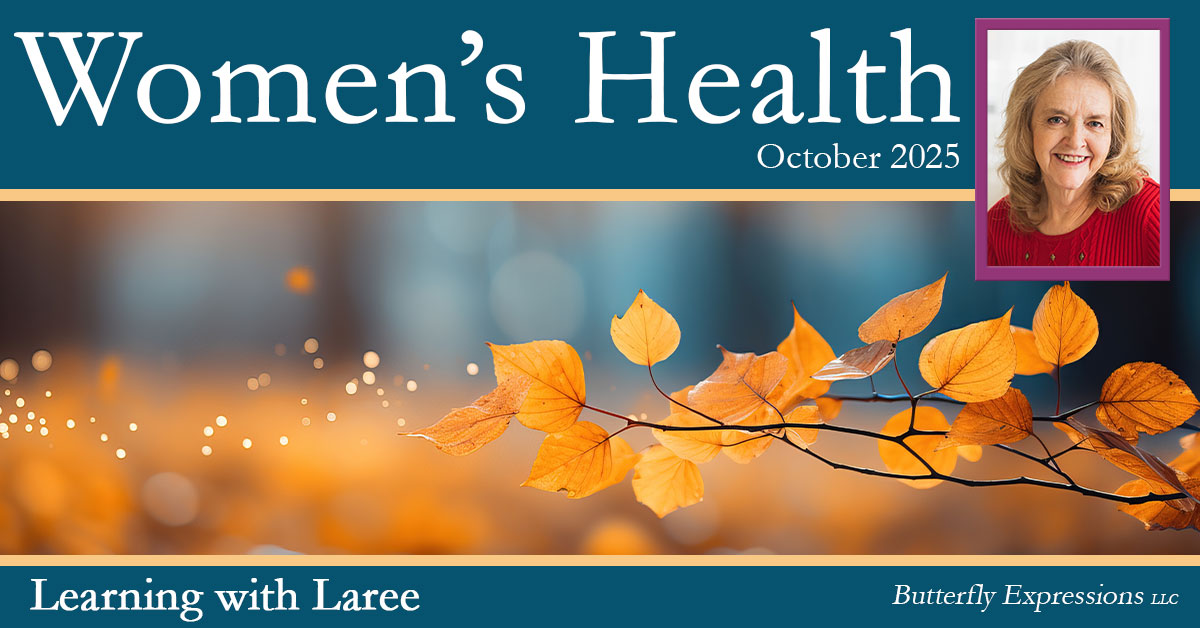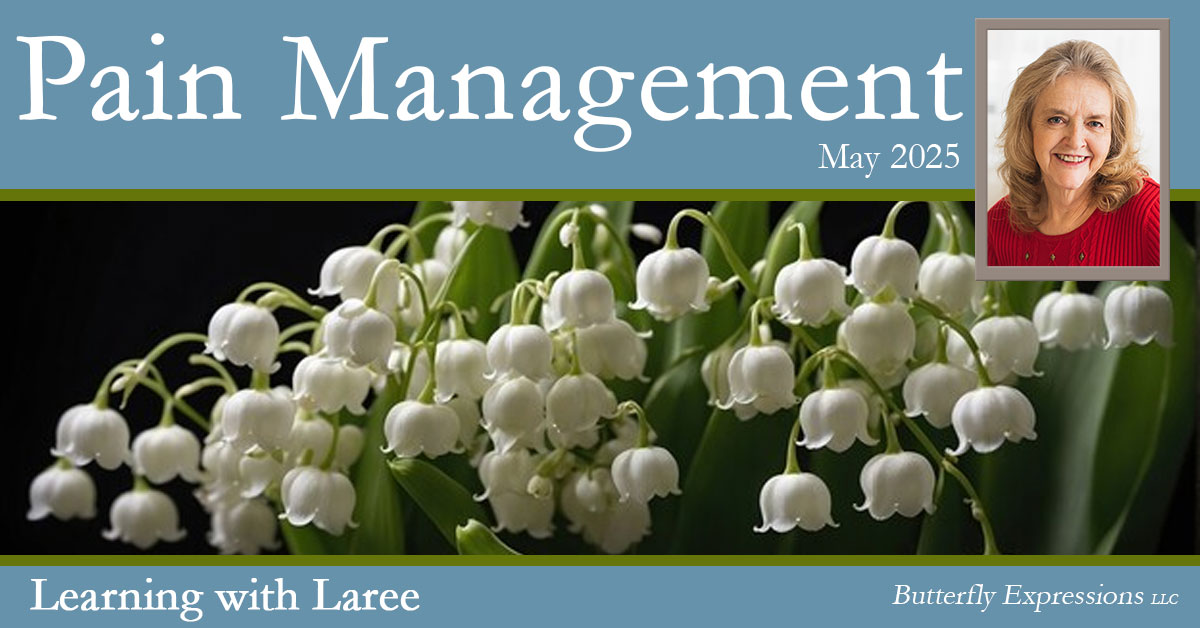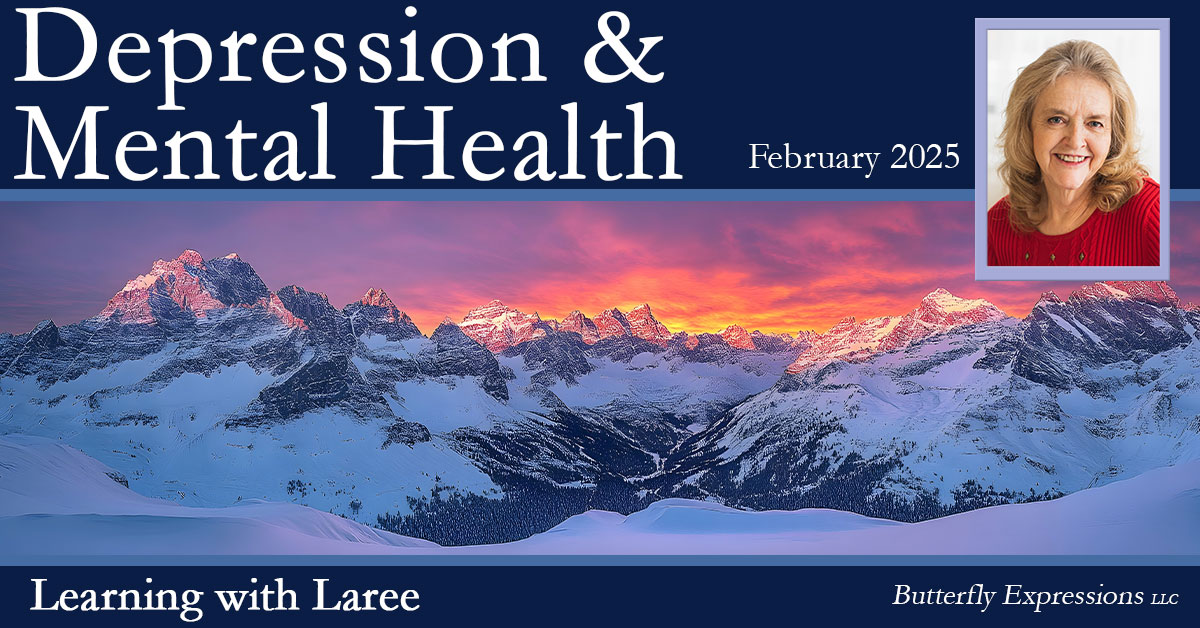this is a page for
Browsing Tag: Tranquility
How do you define ‘mental wellness’? What does it mean—and what does a person who is mentally stable look and behave like? The name of this month’s second-essential-oil-blend special came to mind immediately! Resilience! YES! Such a person would be well-balanced and able to handle—and handle well—whatever life (and people and/or circumstances) may send their way! Such a person would be known for their kindness, their compassion, and for the genuine love they have for themselves and those around them. I am fortunate—and very blessed—to have many such people in my life.
Personal note: I recently had a birthday. It could have been hard due to grief and loss that will be forever associated in our family with that day and with Thanksgiving day and week. However, my phone kept ‘beeping’ with messages, and every time I opened my e-mail or social media, there were a dozen friends or so checking in and lifting my spirits, and offering me courage and peace. What a beautiful few days I have had!
This month’s specials targeting ‘mental wellness’ and the things I will try to teach you about these remedies that I consider nothing less than ‘gifts from Heaven’ are my way (and Butterfly’s way) of telling you how much we love and appreciate you all and your faith in us as you let us try to provide for you some of the things that have blessed the lives of my family (and so many others) for so long!
When the words ‘self-care’ or ‘self-improvement’ are heard, people tend to conjure up different trains of thought, especially if they apply them immediately to themselves. For some of us, the idea of ‘caring for ourselves’ may get confused with ‘caring too much for self” and/or “caring too little for others”. But failing to look out for your own health can result in a decline in physical and/or mental health in so many gradual and insidious ways! And your poor health, or even lack of optimal health, can impact those around you in so many ways.
I would like to conclude this introduction to this month’s newsletter by quoting from page 3 of my book Butterfly Miracles with Herbal Remedies.
The Focus of Our Work
Herbal remedies and other natural modalities can be utilized in two differing ways. The first method is to focus on the immediate now! Someone you love is ill or unhappy today. Your concern becomes making the pain and the distressing symptoms go away, and making them go away right now! This approach accomplishes a great deal of good in people’s lives. It becomes easy to assume that your work is done when the current crisis has passed. This is where the second method comes in.
With natural healing methods our focus should be the building of healthy, disease free, stress resistant bodies and minds, not just fixing the current symptoms. We are looking for root causes and basic imbalances within ourselves. We are seeking ways to eliminate problem areas and become healthy, happy, vibrant versions of ourselves. We must, of course, cope with what is happening in our lives right now. We have to get up and function each day, after all, but at the same time we need to hold in our mind the goal of strong immune systems, and healthy minds and bodies. Try not to lose sight of this goal amidst the stresses of everyday living. It is far better to eliminate the asthma completely than to get really good at coping with frequent attacks.
During sleep, our bodies should be working to support healthy brain function and maintain our physical health.
How is that working for you?
I hope very well! But, if not, I hope something in this article can help you! There are few things in life more frustrating—and more detrimental to our health—than lying awake, so very tired, but unable to sleep. Not getting enough good quality sleep is, however, more than just frustrating because sleep is a very essential function! Without sufficient rest/sleep, it is impossible for a person to be well either physically or emotionally! As you sleep, your body and mind get a chance to recharge. If that ‘recharging’ gets accomplished, you should wake up refreshed, energetic, and alert. If not . . .?
During childhood and into the teenage years, sleep also supports growth and development. Getting inadequate sleep over time increases the risk of chronic (long-term) health problems.
Studies show that when we don’t get quality sleep or enough sleep, our immune system gets disrupted and weakened. This, of course, makes it more likely that we will get sick when we have been exposed to any sort of illness. Our bodies need sleep to fight infections that are passed from one person to the next. Long-term lack of sleep also raises our risk of obesity, diabetes, depression, high blood pressure, stroke, and heart disease.
I could go on and on here, but let’s just get on to possible solutions!
Albert Einstein is reputed to have said that he studied science in order to ‘understand God’s thoughts’ as He created the world. As I have studied anatomy and physiology and the healing properties of “God’s pharmacy’—for a lifetime—I am always in awe of the genius of our Creator and His overwhelming love for each of us!
With plants, in either herb or essential oil form, we have been given wonderful ways to nourish and heal our bodies. And the energetic miracle that is Blessed Water/Homeopathic Remedies is almost beyond belief!
We are meant to be well and happy and energetic into our advanced years! Please do not accept pain and physical limitations as a normal part of the aging process! Eat right. live well, and use the wonderful and amazing remedies that God has provided for us everywhere in the world!
Before we begin today’s discussion of essential oils, herbs, and Blessed Waters (homeopathics), I would like to provide a little bit of extraneous, but I feel quite necessary, information. I searched both the Butterfly Express and Butterfly Expressions sites and was disappointed to find that the information I have written and taught in various places over the years on the topic I am about to summarize briefly below is not to be found on either site. It doesn’t seem to be in any of the books I have written, either. (However, I made only a rudimentary search, so . . .) If this oversight is actually real, I intend to remedy the situation as soon as I can find a minute (or a few hours, as it will likely be).
Two key factors in understanding essential oils are recognizing the differences in healing properties among plant families and understanding how various parts of the same plant can offer different therapeutic benefits. It probably doesn’t surprise you that the medicinal properties of the conifer family (spruce trees, for example) are very different from the healing properties of the various herbaceous or ornamental plants (such as the Lauraceae, Labiate, Compositae, and Umbelliferae families).
Even within the same plant family, whether an essential oil has been created from the wood, the seed, the root, or the leaves, dramatically affects the healing properties of that essential oil, and does so to an incredible degree.
A well-built blend allows us to combine, synergistically, the benefits of several plant families as well as the healing capacities of various plant parts, all with the goal of increasing the capabilities of each single essential oil. Just as a chocolate cake is more pleasing—and tastes better—than the varying ingredients separately, an essential oil blend has the potential of being so much more than any of the single oil ingredients by themselves
Let’s keep this information in mind as we discuss various essential oil blends in the pages of this (and every) newsletter.
As I have said often and with emphasis over many years, “All drugs have side effects!”
As an introduction to this section on Alternative Pain Management, I am including parts of an “FDA Drug Safety Communication” issued on July 9, 2015. If you wish to read the entire communication (with pages of additional information for patients and consumers and even more information for Health Care Professionals along with a comprehensive Data Summary) I am providing the link to the FDA announcement itself on the U.S Food & Drug Administration’s web page.
This statement certainly is true of the drugs used for pain management, as is illustrated by these statements taken from the FDA website itself. The use of herbs, essential oils, and Blessed Water or Homeopathic remedies is an effective and safe way to manage pain.
I was absolutely delighted to see what had been chosen for this month’s topic! February can be such a hard month for so many people, and this coming one promises to be harder than usual for me and those around me. As some of you may have heard, our family experienced the devastating loss of a dear loved one recently. I am very grateful for the opportunity to refresh my own mind, study the remedies that deal with depression, grief, and other emotional and mental issues a bit deeper and then share with you what I know and learn. The use of some of these remedies has already had a profound effect on my own mental health recently.
On a lighter note, my older brother, an advanced mathematics professor, told me once that his classes in February were simply used to play fun (and mildly educational) number/math games. Why? Because, he said, students are just up to too much else in February and they need a bit of fun to cheer them up! I suspect that the darker days of winter and, perhaps even in sunny climes, the let down following the holiday season affects us all. See the full list of topics.
In December we will discuss Anxiety, Stress and Self-Reflection. I would like to begin today by recounting a story told by one of my favorite authors, Bruce H. Lipton, in his book The Biology of Belief. I will paraphrase as best I can, in the interest of keeping this segment brief—well, sort of.
Dr. Lipton uses the example of a track race to illustrate for his readers the effects of stress on the body. A well-trained and healthy group of sprinters steps up to the starting line. They hear the command, “On your mark,” and they drop to their hands and knees. Then the announcer barks, “Get set.” Their muscles tighten as they prop themselves up on their fingers and toes. In a normal race, the strain and tension they are experiencing lasts only a second or two before the command, “Go!” is heard.
But what if the “Go” command never came? These unfortunate athletes would be left at the starting blocks, their blood coursing with adrenaline, their bodies rapidly going into deep fatigue as they try to stay prepared for a race that never begins. No matter how healthy and toned their physical bodies are or how much they have prepared their minds for the race, every athlete would physically collapse from the strain.
Too many of us today live in a “Get set” world! Study after scientific study has shown that our hyper-vigilance is wreaking havoc on our physical health, mental stability, and emotional well-being.
So, what’s the solution? May I offer three quick pieces of advice, based on my own experience:
Count your blessings! A young son of mine, counseled during a family meeting to “count his blessings,” reported in church—over the microphone at the pulpit—the next week that he had counted his blessings and found 385 of them. (I’m not exactly sure of the number, but you get the gist.) There never was a happier, more contented, or more willing-to-serve child, nor man, than he has become.
Count your strengths instead of your weaknesses. Then get to work using your strengths in the service of others. Our suffering is too often more the result of our thoughts than our circumstances. We alone have control over our thoughts! Suffering because of our mindset is optional and up to us.
Replace fear with faith. It has been proven over and over—also in scientific studies—that meeting tragedy and difficulties with calm assurance, knowing we (with Heaven as our partner) have overcome challenges before and can do so again, reduces the impact on our health and well-being when life’s realities and obstacles inevitably come our way.
Anxiety is too often fear of the future and doubt in our ability to handle it.
The health benefits provided by proper nutrition, herbal remedies, and the impact of essential oils on our minds and bodies can have a tremendous effect on our ability to look to the future with courage and determination, helping us to be happy in the here and now. See the full list of topics.
My husband and I (he does this better than I do sometimes) look at the plants—every one, and perhaps the rocks and minerals, too—as personal messages from a loving Heavenly Father. Because He understood that we would not always ask for, or even recognize His help in our lives, He endowed the various plants with His own healing capacities and invited us to partake of them to balance and heal our own lives. Plants affect us, not just on a physical (vitamin and molecular) level, but on a spiritual plane as well. It is impossible to use an herbal remedy or and essential oil with an intent to heal the physical body without partaking of its ability to bring light, wisdom, healing, and peace into your life. This peace and wisdom will be multiplied many times over if your use of the herbs, the essential oils, and the blessed water/homeopathic remedies with gratitude to the Creator and an acknowledgment of the role of the atonement in the healing of both physical and emotional (spiritual) pain. Embracing an attitude of GRATITUDE opens the door to ABUNDANCE, allowing us to fully experience the gifts of HEALTH and healing that surround us. See the full list of topics.
In February our topics are DEPRESSION, ANXIETY, and SELF-ESTEEM. This is a topic that is very near and dear to my heart. There is always a need but it seems that this time of year there is a particular need for things to combat depression and anxiety. I have tried to pick the products that have been the most helpful to me over the years and I hope these things will help you as well.

